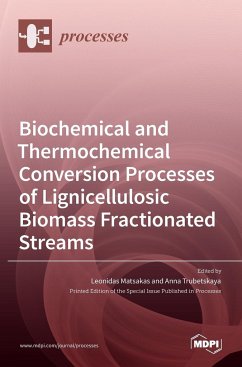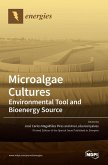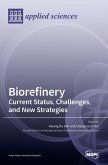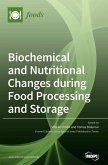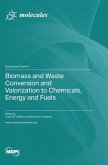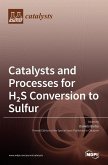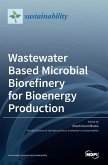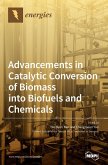Moving towards a sustainable and green economy requires the use of renewable resources for the production of fuels, chemicals, and materials. In such a scenario, the use of lignocellulosic biomass and waste streams plays an important role, as it consists of abundant renewable resources. The complex nature of lignocellulosic biomass dictates the use of a pretreatment process prior to any further processing. Traditional methods of biomass pretreatment fail to recover cellulose, hemicellulose, and lignin in clean streams. It has been recognized that the efficient use of all the main fractions of lignocellulosic biomass (cellulose, hemicellulose, and lignin) is an important step towards a financially sustainable biomass biorefinery. In this context, switching from biomass pretreatment to biomass fractionation can offer a sustainable solution to recover relatively clean streams of cellulose, hemicellulose, and lignin. This Special issue aims at exploring the most advanced solutions in biomass and waste pretreatment and fractionation techniques, together with novel (thermo)chemical and biochemical processes for the conversion of fractionated cellulose, hemicellulose and lignin to bioenergy, bio-based chemicals, and biomaterials, including the application of such products (i.e., use of biochar for filtration and metallurgical processes), as well as recent developments in kinetic, thermodynamic, and numeric modeling of conversion processes. The scope of this Special Issue will also cover progress in advanced measuring methods and techniques used in the characterization of biomass, waste, and products.
Bitte wählen Sie Ihr Anliegen aus.
Rechnungen
Retourenschein anfordern
Bestellstatus
Storno

